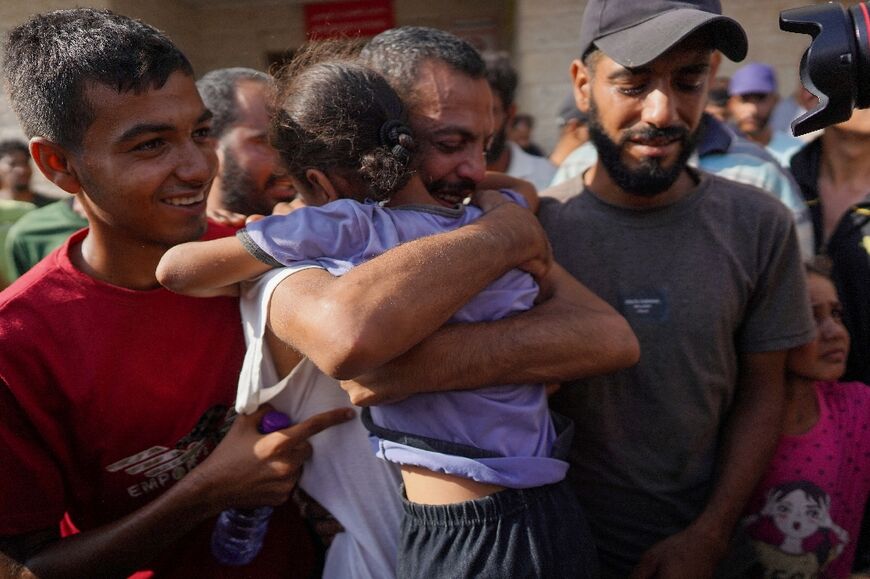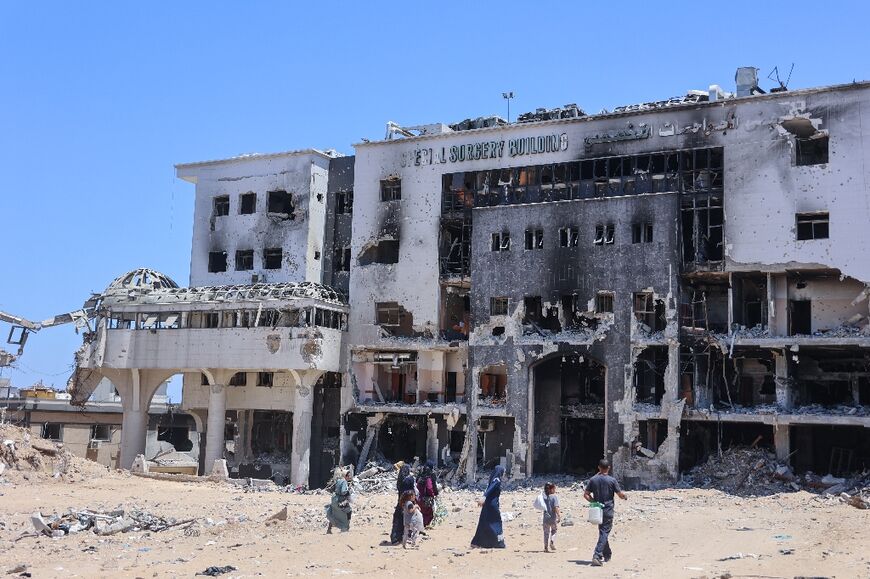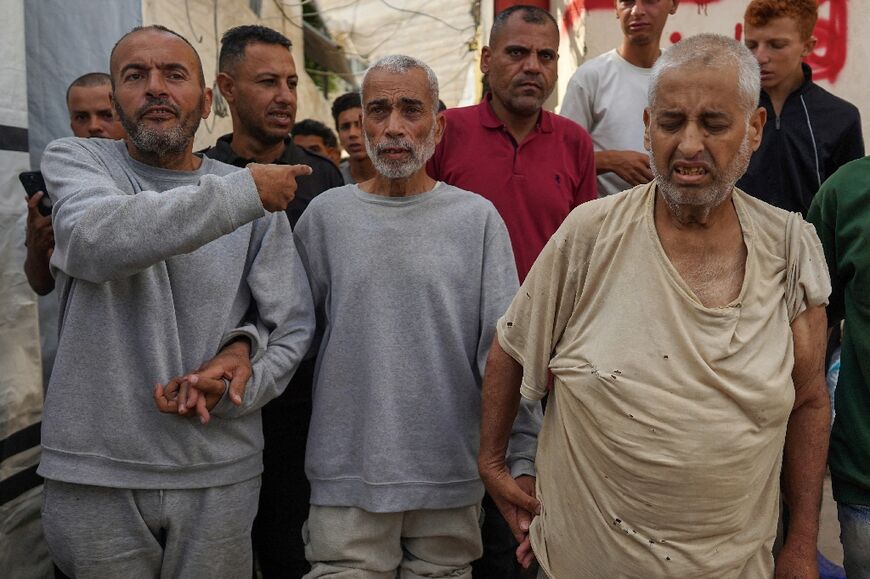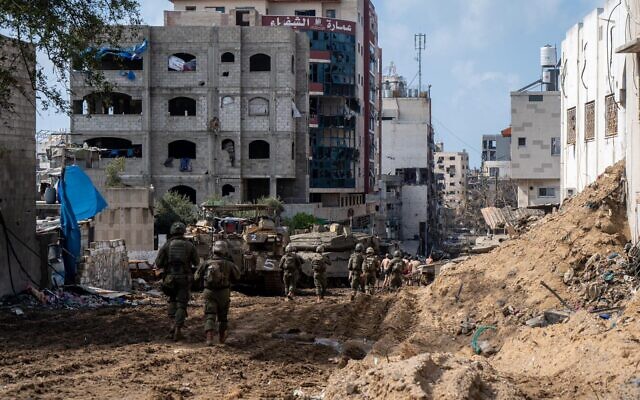
Title: Israel Frees Director of Gaza's Al-Shifa Hospital Amid Controversy: A Look at the Facts
Lead: Israel's decision to release the director of Gaza's largest hospital, Mohammed Abu Salmiya, after seven months in detention without charges has sparked controversy and allegations of torture. Let's examine the facts surrounding this issue.
Paragraph 1: Background and Arrest Mohammed Abu Salmiya, the director of Al-Shifa Hospital in Gaza City, was arrested by Israeli forces on November 23, 2023. The arrest took place during an Israeli military raid on the hospital. Human rights organizations criticized Israel for detaining a key healthcare official amid ongoing conflict and potential harm to Palestinian civilians.
Paragraph 2: Detention Conditions and Allegations of Torture Abu Salmiya claimed that he was subjected to severe torture during his detention, including having his finger broken and being beaten repeatedly over the head. Other detainees released alongside Abu Salmiya also reported abuse, though these allegations could not be independently confirmed.
Paragraph 3: Medical Neglect and Prison Conditions Detainees were subjected to daily physical and psychological humiliation in Israeli prisons, according to Abu Salmiya. Guards broke detainees' fingers and used batons and dogs for beatings. Medical staff were responsible for abuse and neglect, with some detainees losing limbs due to poor medical care.
Paragraph 4: Impact on Detainees Detainees were severely underfed, surviving on a loaf of bread per day for two months. This resulted in significant weight loss of at least 30kg (66lb) for all detainees.
Paragraph 5: Reactions and Concerns Israeli Prime Minister Benjamin Netanyahu criticized the release, calling it a 'serious mistake' and a 'moral failure.' National Security Minister Itamar Ben Gvir demanded the ousting of Shin Bet director Ronen Bar for his role in the decision. The World Health Organization expressed concern over Abu Salmiya's detention and called for an investigation into the conditions of Palestinian detainees.
Conclusion: The release of Mohammed Abu Salmiya from Israeli prisons after seven months without charges has raised concerns about torture, medical neglect, and prison conditions. While Israel maintains that it was necessary to free up space in its jails, human rights organizations and international bodies have called for investigations into the allegations made by Abu Salmiya and other detainees.








